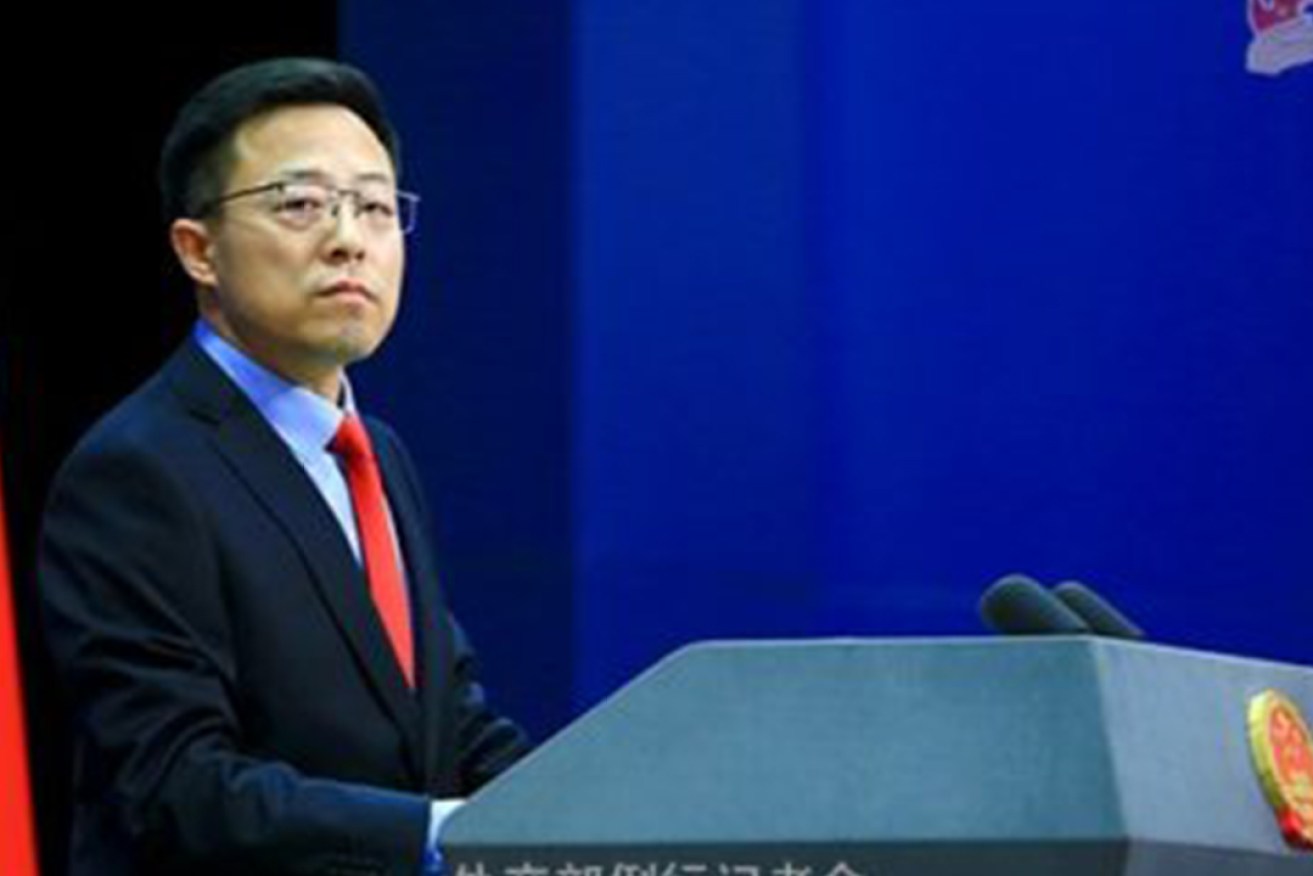No quick fix to curtail China’s wolf warrior diplomacy
China has tried the economic coercion strategy 152 times against 27 countries and the European Union since 2018, according to University of Queensland academic Scott Waldron.


Waldron said “fixing’’ the relationship with China now would be difficult. Using international alliances to counter China’s coercion tactics – known as wolf warrior diplomacy – was “promising but ambitious’’.
But with Australian agriculture reliant on international trade rules being upheld, Waldron warned that baulking in fear of further retaliation would set a dangerous precedent.
He also said there were ways around the barriers to the China market, but the structural risk of coercion now had to be factored into the decision-making of Australian business.
His comments follow trade bans and tariffs imposed on Australian exports to China in retailition for a list of grievances it has with Australia’s policies. These include banning Huawei from the 5G rollout, legislation that could veto international agreements by the states and Australia’s push for an investigation into the Wuhan outbreak of the coronavirus.
The trade barriers have been placed on wine, beef, coal, barley, cotton, education, lobsters and tourism.
“While the trade flows of affected items are worth billions of dollars, the actual costs of the barriers are considerably lower. Affected industries can offset costs through market substitution and product substitution,’’ Waldron said.
“Fortunately the Australian beef industry is diversified across more than 100 international markets with modest exposure to China.
“The substitution options vary by industry. The wine and cotton industries are less exposed to China and can sell into a greater range of other markets, but growers are not able to switch crops in the medium term due to high sunk costs in infrastructure and equipment.
“Costs can also be reduced by circumventing barriers, for example by selling into Chinese special economic zones for re-export or selling through third countries.
“Conglomerates can divert cattle supply from suspended plants to other plants that still have access to the Chinese market. Wineries may be able to export in containers of more than two litres to circumvent the tariffs.
“The coercion has not yet reached as far as critical commodities like wool and iron ore, which would signal decoupling.
“Even if the measures were to spill over into substantive barriers on commodities like coal, the net effects for the average Australian household are modest.
“Neither, however, should the significance of the barriers be under-stated. The affected industries, companies and producers have suffered considerable losses in revenues and resources forging trade links and relationships. The barriers also reveal ominous directions in Chinese policy settings.”












